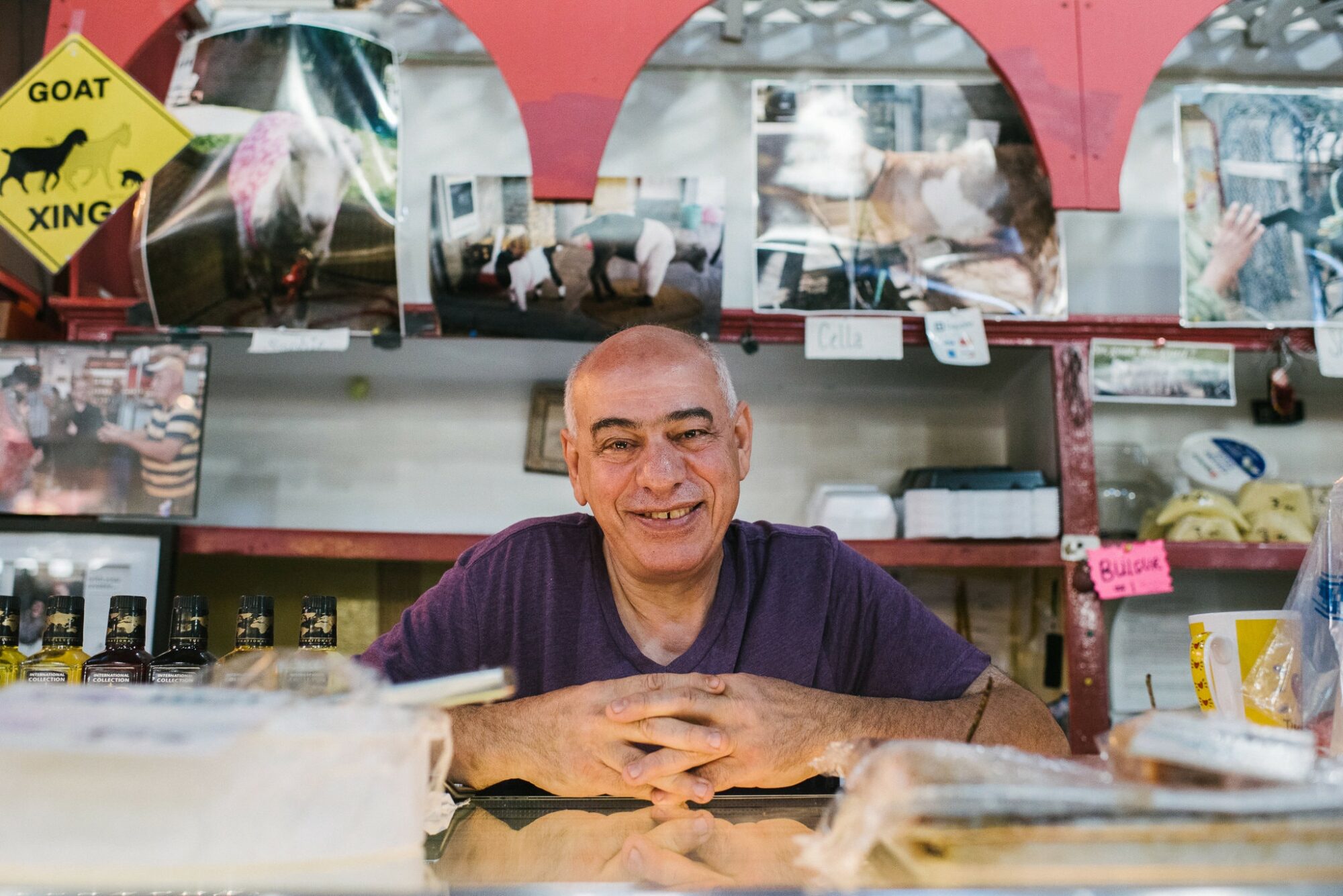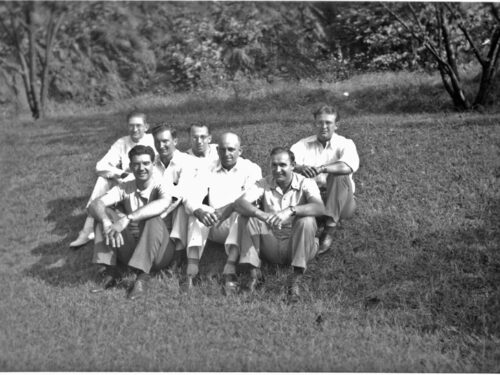
For Mennonites in Lancaster, loving your neighbor means welcoming new neighbors who recently immigrated. It’s just what we do. Every Lancaster congregation I’ve been a part of has proactively welcomed and helped immigrants resettle in Lancaster.
I remember the day in our high school Sunday school class when we met the two high-school-age daughters of the Ukrainian refugee family who had recently moved to the U.S. It was the late 1980s, and they had just moved into a ranch house the church-owned adjacent to the meetinghouse in East Peterburg. Elena and Oksana, their five other siblings and parents, found support, employment, assistance with learning English, and friendship in our 250+ person congregation.
For more than a decade my congregation in Lancaster city rented one of its housing units to a family that fled Liberia. And we volunteered in 2016 to welcome a refugee family to be resettled with the assistance of Church World Service. We were lucky the Syrian family matched with us made it to the U.S. just days before then-president Trump cut off immigration from majority Muslim countries.
This New York Times feature deftly weaves together a focus on food, immigration, and Mennonites’ contributions to a culture of welcome in Lancaster. If you read closely you’ll find a quote from Maher Almahasneh, the father of “our” Syrian immigrant family.
During 2017, Lancaster city took in 20 times more refugees, per capita, than any other city in the U.S.
In the four years since the Syrian family moved to Lancaster, my congregation has welcomed four additional refugee families, all from the Democratic Republic of Congo, with 20+ family members between them. Supporting the school-aged children during COVID-19 school shutdowns took particular creativity and practical help.
Mennonites settled permanently in what became Lancaster County in the 17-teens. A home built by a Mennonite family in 1719 is the longest-standing residential dwelling in Lancaster, and you can tour it at our 1719 Museum. These Mennonites were able to survive in Pennsylvania due to the assistance of Indigenous communities and by being connected to trade routes and sharing resources with other families in their group.
It is fitting that Mennonites continue to express their faith in God and love for neighbors by welcoming and supporting immigrants and refugees.



